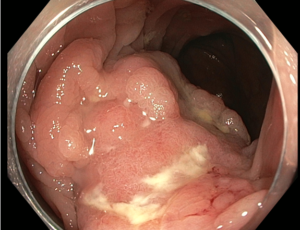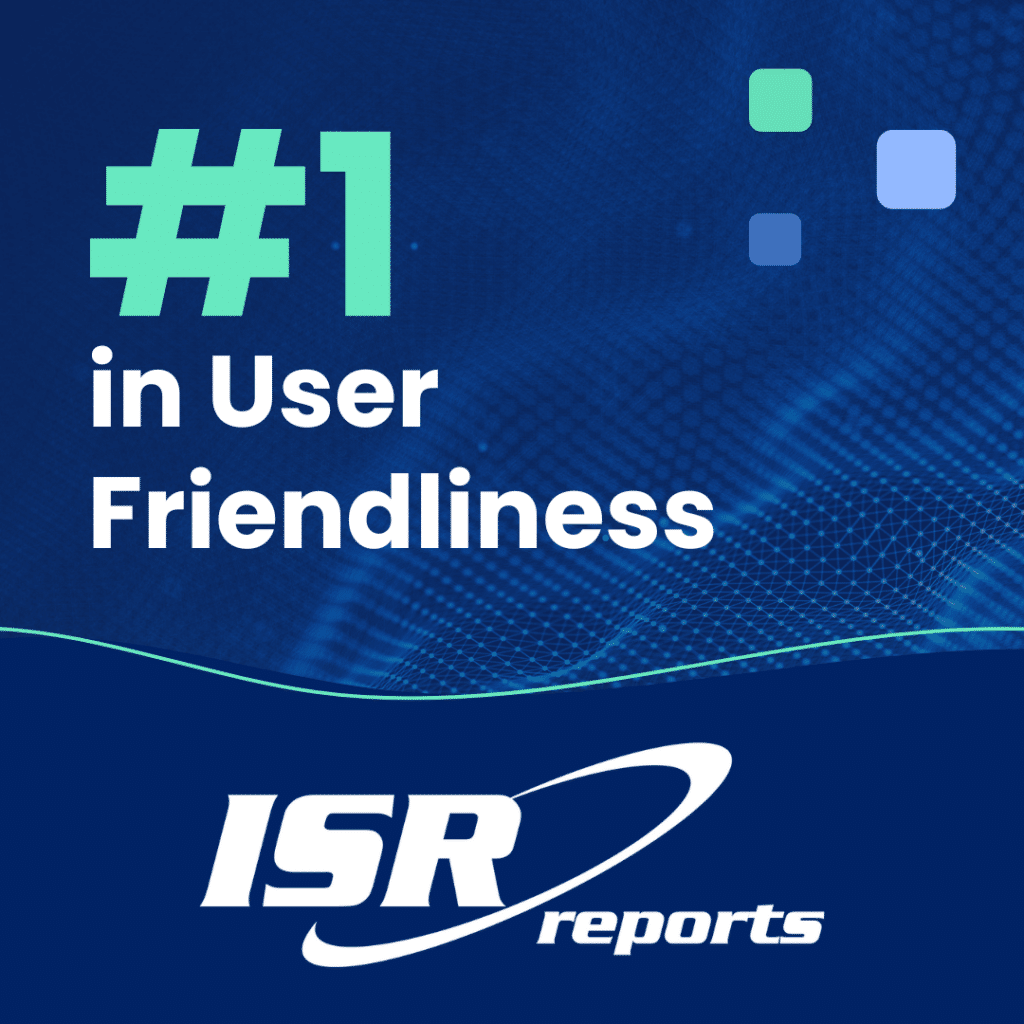Back in December, we announced that at the end of 2018 we would be awarding a €3000 prize to the most promising research project using Castor. Some fantastic study summaries have already been submitted and we are eager to start sharing these with you! In the upcoming months, you will be able to read about (and admire) the work that is being done within the Castor research community. After all, what good does research do if nobody hears about it?
We start with the first nominated project, focusing on endoscopy in serrated polyposis syndrome.
Effectiveness of a personalized endoscopic surveillance protocol for patients with serrated polyposis syndrome

Arne G.C. Bleijenberg 1, Joep E.G. IJspeert 1, Evelien Dekker 1
On behalf of the Working group serrated polyps and polyposis (WASP)
1: Academic Medical Center Amsterdam – Department of Gastroenterology and hepatology
Background
In the Netherlands, about 0.4% of the general population aged 50-75 years old might fulfill the diagnostic criteria for Serrated Polyposis Syndrome (SPS). This corresponds to more than 21,000 affected individuals in the Netherlands alone. This syndrome is characterized by the presence of many flat, subtle, and sometimes hardly visible lesions throughout the large bowel (so-called serrated polyps). Many of these lesions are at risk of progressing into bowel cancer at some point in time.
As a result, patients with this syndrome have a multifold increased risk of developing bowel cancer during their life, especially if these serrated polyps are left untreated or undiagnosed. Retrospective studies showed that even if these patients received regular bowel examinations (colonoscopies), they have a significant risk of developing bowel cancer.
Unfortunately serrated polyps were thought to be harmless until recently, and scientists have therefore hardly studied the natural course of patients with Serrated Polyposis Syndrome. As a result, the largest prospective cohort published to date consisted of only 50 patients.

This lack of prospective studies on Serrated Polyposis Syndrome patients has impeded development of evidence-based treatment and surveillance guidelines. We are therefore studying the effectiveness of a newly designed individualized surveillance protocol in a large prospective, multi-center, international cohort of patients with serrated polyposis syndrome.
Methods and study design
We developed a surveillance protocol, which consisted of a decision algorithm to decide whether a patient should be followed-up with after 1 or 2 years, depending on the amount and type of polyps that were found during the last bowel examination. The primary objective was to evaluate whether this protocol could prevent bowel cancer in patients with serrated polyposis syndrome.
All eligible patients with serrated polyposis syndrome in 6 Dutch hospitals and 4 Spanish hospitals were included. All data were prospectively registered in our online Castor Database. Thus far, 106 Spanish and 225 Dutch patients were included in the database. This makes our cohort the largest prospective cohort of serrated polyposis syndrome patients to date.
Using Castor in our study
Using Castor, we have been able to effectively collect data in 10 centers from different countries. The user-friendly interface allowed our colleagues in other centers to use the database without lengthy data entry manuals. Building the database was easy, and it has been functioning smoothly ever since.
A very helpful feature was the “report” function. We need to register a number of variables for each polyp that is resected during bowel examination. We therefore built a ‘report form’ including all relevant variables. By adding one new report for each resected polyp, all data could be registered without having to expand our database with hundreds (if not thousands) of variables to represent the characteristics of polyp 1, polyp 2, polyp 3, … polyp 54 etcetera.
Stay tuned for more nominations! We wish all nominees good luck and encourage all researchers to brag about their projects and get the chance to win €3000!


